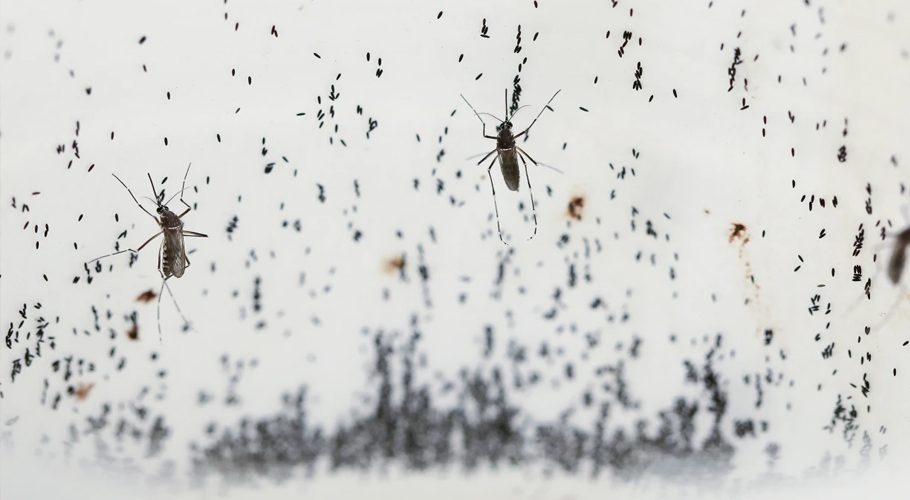![]() Follow Us on Google News
Follow Us on Google News
TEGUCIGALPA, Honduras: For decades, preventing dengue fever in Honduras has meant teaching people to fear mosquitoes and avoid their bites. Now, scientists found a potentially more effective way to control the disease — breeding special mosquitoes to fight dengue.
In Honduras, the recently unleashed special mosquitoes were bred by scientists to carry bacteria called Wolbachia that interrupt transmission of the disease. When these mosquitoes reproduce, they pass the bacteria to their offspring, reducing future outbreaks.
This emerging strategy for battling dengue was pioneered over the last decade by the nonprofit World Mosquito Program, and it is being tested in more than a dozen countries. With more than half the world’s population at risk of contracting dengue, the World Health Organization is paying close attention to the mosquito releases in Honduras, and elsewhere, and it is poised to promote the strategy globally.
In Honduras, where 10,000 people are known to be sickened by dengue each year, Doctors Without Borders is partnering with the mosquito program over the next six months to release close to 9 million mosquitoes carrying the Wolbachia bacteria.
“There is a desperate need for new approaches,” said Scott O’Neill, founder of the mosquito program.
Scientists have made great strides in recent decades in reducing the threat of mosquito-borne diseases, including malaria. But dengue is the exception: Its rate of infection keeps going up.
Models estimate that around 400 million people across some 130 countries are infected each year with dengue. Mortality rates from dengue are low – an estimated 40,000 people die each year from it – but outbreaks can overwhelm health systems and force many people to miss work or school.
Traditional methods of preventing mosquito-borne illnesses haven’t been nearly as effective against dengue.
The Aedes aegypti mosquitoes that most commonly spread dengue have been resistant to insecticides, which have fleeting results even in the best-case scenario. And because dengue virus comes in four different forms, it is harder to control through vaccines.
Aedes aegypti mosquitoes are also a challenging foe because they are most active during the day – meaning that’s when they bite – so bed nets aren’t much help against them. Because these mosquitoes thrive in warm and wet environments, and in dense cities, climate change and urbanization are expected to make the fight against dengue even harder.
“We need better tools,” said Raman Velayudhan, a researcher from the WHO’s Global Neglected Tropical Diseases Program. “Wolbachia is definitely a long-term, sustainable solution.”
Velayudhan and other experts from the WHO plan to publish a recommendation as early as this month to promote further testing of the Wolbachia strategy in other parts of the world.


























